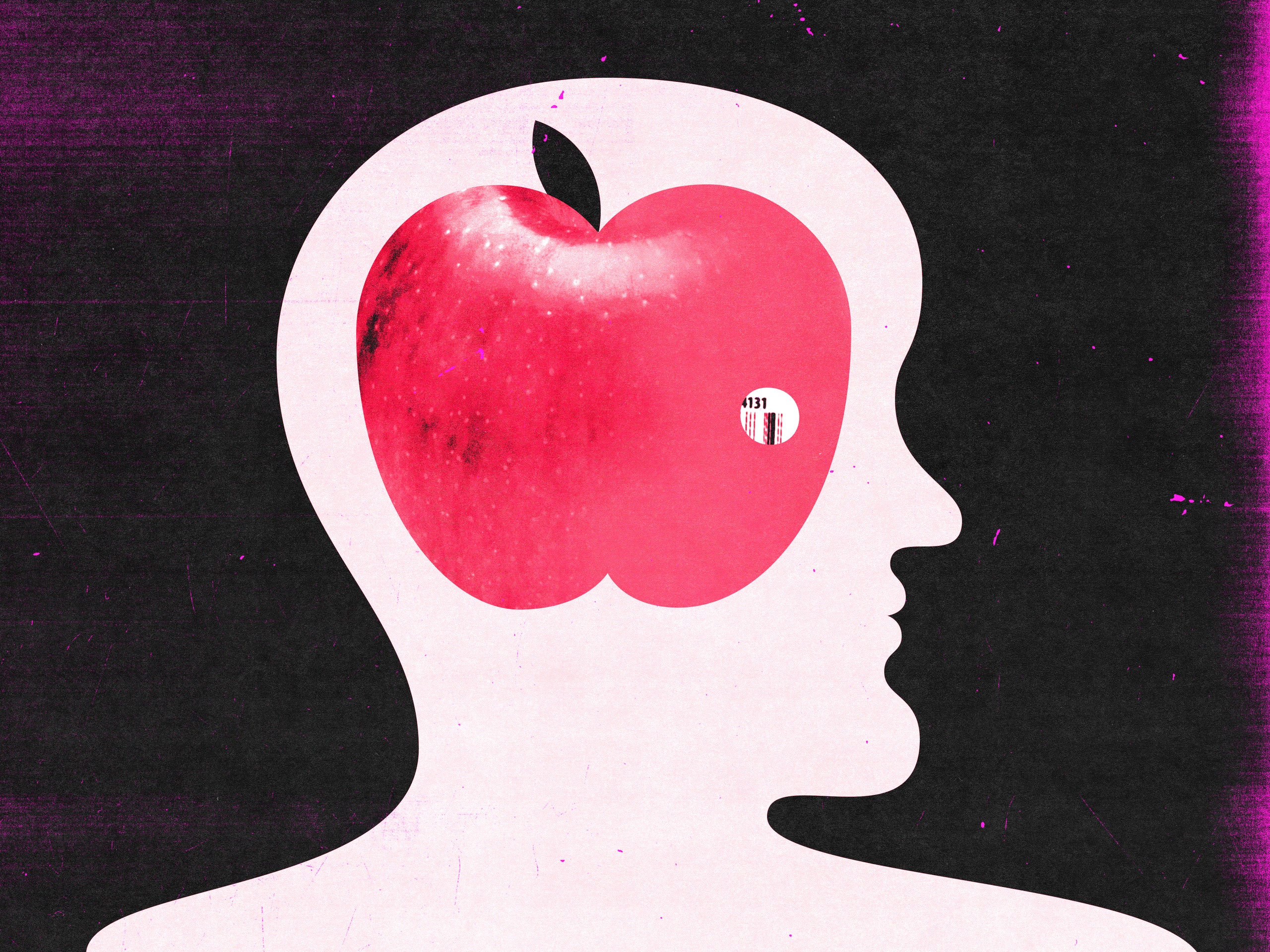cognitive enhancement devices.” While these things are all well and good, experts say that none of them will make quite as much of a difference in your brain power as what you eat every day.
“Your diet plays a huge role in your brain health,” says Jeffery Karp, PhD, a biomedical engineer at Harvard and MIT who has an upcoming book called LIT: Life Ignition Tools: Use Nature’s Playbook to Energize Your Brain, Spark Ideas, and Ignite Action. “In fact, it has been said to have an enormous impact on your cognitive processes, your mood, and your vulnerability to neurological diseases.”
Knowing this, it makes sense that he hacks his own diet for optimal brain health. When you’re conducting biomedical research at two of the top institutions in the world, you want your brain to be firing on all cylinders, eh? Lucky for us, his eating plan follows.
Dr. Karp: I start the day with a powerhouse bowl of brain-boosting nutrients that promote cognitive function, mood stability, and overall brain health. My breakfast is meticulously crafted to fuel both the body and brain with nutrients that enhance cognitive function, protect against oxidative stress, and support brain cell health. I think it’s the perfect blend of taste and nutrition, specifically tailored for an optimal start of the day with a focus on brain well-being. And I typically wait two to two-and-a-half hours after waking before eating breakfast to maximize my gratitude and appreciation for it.
Dry rolled oats: A source of complex carbohydrates, oats provide a steady release of energy to the brain, which is important for maintaining focus and cognitive performance throughout the morning. They are also rich in B vitamins, which are essential for brain health.
Walnuts and macadamia nuts: Walnuts have high alpha-linolenic acid (ALA) content, a type of omega-3 fatty acid known for supporting brain health. Macadamia nuts offer monounsaturated fats that can support brain cell structure and health.
Baru nuts: These nuts offer a good mix of protein, antioxidants, and minerals like magnesium and zinc, which are vital for cognitive functions and neurotransmitter regulation.
Golden milk powder (that includes turmeric and black pepper): Turmeric contains curcumin, a compound with potent anti-inflammatory and antioxidant properties, potentially beneficial for brain cells by reducing inflammation and oxidative stress. And the piperine in black pepper enhances curcumin absorption, amplifying its benefits.
Seaweed flakes: Seaweed is a great source of iodine, a nutrient essential for brain development and cognitive function. It also contains unique bioactive compounds that may have neuroprotective properties.





















Add comment